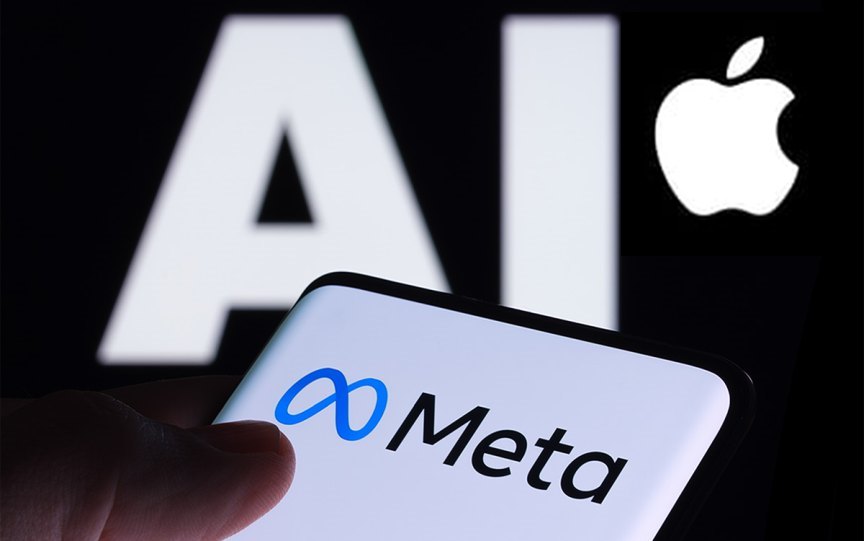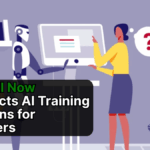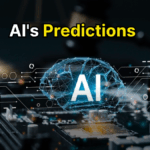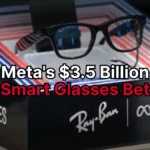The battle for artificial intelligence supremacy just got more intense. Meta has successfully recruited Ruoming Pang, Apple’s former head of AI models, marking another strategic win in the ongoing war for top AI talent. This move signals both Meta’s aggressive push into artificial general intelligence and Apple’s mounting challenges in the AI race.

The Strategic Acquisition
Ruoming Pang’s departure from Apple to Meta represents more than just another executive switch. As Bloomberg first reported, Pang previously led Apple’s in-house team of around 100 engineers responsible for training the AI foundation models that power Apple Intelligence and other on-device AI features. His expertise includes developing innovations like Genmoji and on-device text summarization.
Now, Pang will join Meta’s ambitious Superintelligence Labs division, co-led by Alexandr Wang, former CEO of Scale AI. This unit focuses specifically on developing artificial general intelligence (AGI), positioning Meta as a serious contender in the race toward advanced AI systems.
Apple’s AI Struggles Come to Light
The recruitment highlights Apple’s current position in the AI landscape. Despite significant investments and high-profile announcements at recent events like WWDC, Apple’s AI models have consistently underperformed compared to offerings from OpenAI, Anthropic, and ironically, Meta itself.
This performance gap has prompted Apple to consider integrating third-party AI models to power upcoming features, including an AI-enabled Siri upgrade. The company is reportedly exploring partnerships with both Anthropic and OpenAI to enhance its AI capabilities.
Sources familiar with the matter suggest that Pang’s departure may be the first of several high-profile exits from Apple’s troubled AI division. Internal struggles over AI development direction and a series of leadership changes may have contributed to his decision to leave.
Meta’s Calculated Talent Strategy
Under Mark Zuckerberg’s leadership, Meta has embarked on an aggressive AI recruitment campaign. The company has systematically attracted top talent from major competitors, including experts from Google DeepMind, OpenAI, and Safe Superintelligence. This strategy reflects Meta’s commitment to competing at the highest levels of AI development.
Pang’s specific expertise in designing small, efficient on-device AI models could prove valuable for Meta’s future AI strategies. While Meta has traditionally focused on large-scale, cloud-based AI systems, the ability to develop effective on-device models could open new product opportunities and improve user experiences across Meta’s platform ecosystem.
The Broader Implications
This talent acquisition occurs against the backdrop of an intensifying AI arms race. Major technology companies are competing not just for market share, but for the brightest minds capable of pushing the boundaries of artificial intelligence. The competition has driven compensation packages to unprecedented levels and created a highly dynamic job market for AI specialists.
The move also underscores the different approaches companies are taking toward AI development. While Apple has focused on privacy-conscious, on-device AI processing, Meta has pursued more ambitious goals around AGI and large-scale AI systems. Pang’s transition suggests these approaches may begin to converge as companies seek to combine the benefits of both strategies.
Apple’s Response and Reorganization
Apple has recently reorganized its AI leadership structure, with Craig Federighi and Mike Rockwell now overseeing AI operations. This restructuring comes as the company faces mounting pressure to accelerate its AI development and compete more effectively with rivals.
The company’s silence regarding Pang’s departure speaks volumes about the sensitive nature of AI talent retention. As one of the most valuable assets in the technology industry, AI expertise has become increasingly difficult to retain, particularly when competitors offer substantial compensation packages and the opportunity to work on cutting-edge projects.
The Future of AI Competition
The recruitment of Pang represents more than just a personnel change—it symbolizes the ongoing transformation of the AI industry. As companies race to develop AGI and advanced AI systems, the competition for talent will likely intensify further.
For Meta, this acquisition strengthens its position in the AI race and brings valuable expertise to its AGI initiatives. For Apple, it represents a challenge to retain top talent while competing with companies that have made AI their primary focus.
The broader technology industry will be watching to see how these talent movements affect the pace of AI development and the competitive dynamics between major players.
What This Means for Innovation
Pang’s move to Meta could accelerate innovation in several key areas. His expertise in on-device AI models might help Meta develop more efficient AI systems that can run locally while maintaining connection to larger AI networks. This hybrid approach could offer the best of both worlds: the privacy and speed of on-device processing with the power of cloud-based AI systems.
The recruitment also highlights the importance of cross-pollination in AI development. As experts move between companies, they bring different perspectives and approaches that can lead to breakthrough innovations. This talent mobility, while challenging for individual companies, often benefits the industry as a whole by accelerating overall progress.
Looking Ahead
The AI talent war shows no signs of slowing down. As companies continue to invest billions in AI development, the competition for top researchers and engineers will remain fierce. Success in this competition will likely determine which companies emerge as leaders in the next phase of technological development.
For consumers and businesses, this talent movement ultimately promises better AI products and services. The competition for expertise drives innovation, pushes companies to offer more compelling opportunities to researchers, and accelerates the development of AI technologies that will shape our future.
The recruitment of Ruoming Pang by Meta serves as a reminder that the AI revolution is far from over. As companies continue to compete for talent and technological supremacy, we can expect more strategic moves that will reshape the competitive landscape and drive the next wave of AI innovation.
FAQs: Frequently Asked Questions
Q. What is the significance of Meta recruiting Apple’s Head of AI Models?
A. The recruitment of Ruoming Pang by Meta underscores the competitive nature of the AI industry, as companies vie for top talent to drive innovation and advance their technological agendas.
Q. Why is there a talent war in AI?
A. The talent war in AI stems from the industry’s rapid growth and increasing demand for skilled professionals who can develop cutting-edge technologies and solutions. Companies are competing fiercely to secure experts who can give them a competitive edge.
Q. What does this mean for Apple’s AI division?
A. The departure of a key leader like Ruoming Pang could present challenges for Apple’s AI initiatives, potentially creating a gap in strategic leadership and innovation within the company.
Q. How will this affect Meta’s AI efforts?
A. Bringing in a highly experienced leader like Ruoming Pang will likely strengthen Meta’s AI capabilities, contributing to the development of more advanced and competitive AI platforms and models.
Q. What does this signal for the future of AI innovation?
A. This move highlights the ongoing acceleration of AI innovation, where companies are making strategic hires to secure leadership roles in the industry. It suggests that the evolution and adoption of AI technologies will continue to gain momentum.
For More Information CLICK




